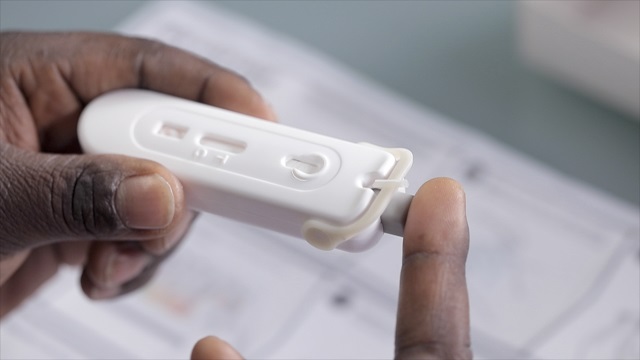
Kampala, Uganda | THE INDEPENDENT | Uganda needs at least 20 years to operate its national health insurance scheme before it can be fully functional.
The scheme that was passed by cabinet early this year is yet to be tabled in parliament.
Prof Freddie Ssengooba at Makerere University School of Public Health and also one of the consultants on the National Health Insurance Scheme says the delay to operate the scheme will be caused by the current state of the health care system.
“More than 50 percent of our health facilities are not functional. They lack the basics like a proper maternity suit to deliver a baby. In some places, they do not have the basics like health workers or even equipment. In such a situation, how can a national health insurance scheme work and thrive?
Prof Ssengooba says government will have to invest more in disease prevention instead of cures.
Prof Ssengooba adds that with the current health care system, Ugandans should expect service delivery in the sector to become worse even after the introduction of the scheme.
According to the proposed law, every Ugandan above the age of 18 will be expected to pay for the insurance. Employees in the formal sector will be mandated to contribute four percent of the salary while employers will give one percent. Individuals in the informal sector will pay 100,000 shillings annually.
Robina Kaitiritimba, the Executive Director of the Uganda National Health Consumers Organisation, says that government needs to find an appropriate way of dealing with the informal sector as far as contributions are concerned.
Prof Ssengooba says contributions are likely to increase depending on the services offered. He says what is being proposed now is not enough to provide highly specialized care like heart surgeries.
Dr Ekwaro Obuku, the President of the Uganda Medical Association says government needs to work together with private health insurers to try and see how they run their health insurance schemes.”
“People in the private sector are insured and can access decent health care. Now when you tell them to jump into a national scheme that is run by government, for this to work people need to trust government.”
It is estimated that by that only 5 percent of all Ugandans are ensured by private health providers.
*****
URN
 The Independent Uganda: You get the Truth we Pay the Price
The Independent Uganda: You get the Truth we Pay the Price





